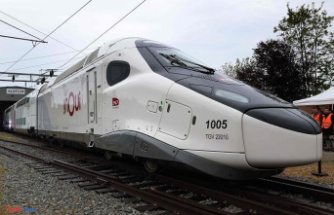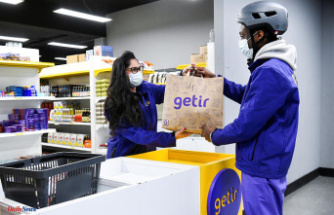government intervention in the meat market, not only in politics, increasingly popular after the grievances in the case of Tönnies well-known. Also, a majority of German economists holds this principle, and, above all, increased regulations for animal welfare to be necessary. For the Latter, 85 per cent of the participants in the latest economist panel. The Panel is a regular survey of the Ifo Institute and the F. A. Z. among economists at universities in Germany, at this time 123 professors have been involved.
Niklas wanted professions
editor in the economy.
F. A. Z.Also, regulations for the protection of Workers in the meat sector is in favour, with 72 per cent, a large majority; multiple answers were possible. For regulations to climate and environmental protection, a slim majority of 52 percent still. No action is needed a minority of 6 per cent.
"in Spite of the frightening conditions in the meat industry, we should first consider the extent to which the abuses can be combated by vigorous enforcement of the existing statutory provisions, before we in the hectic legislative activism expire," says Michael Ahlheim, University of Hohenheim, participated in the survey.
For Gisela Färber of the German University for administrative Sciences in Speyer, however, it is "high time that the last(n) strongholds of pigs to grinding, concentration Camps and slavery". It was "a shame that the producers have no honor in the abdomen, which is also in a market economy," says Dyer.
you promise greatest impact
In the case of the concrete measures for the improvement of Animal welfare there is, however, only for two measures, with a majority To higher minimum standards, such as a larger area-per-animal rates of 81 percent of the participants. With 80 percent behind tighter controls on the existing rules stand density, together with higher penalties for non-compliance. Malefactor to denounce in the case of gross violations to the public, by contrast, only 42 percent correct.
This is still significantly more than in the case of the state Minister of economic Affairs, Julia Klöckner (CDU) promoted animal welfare levy. Such a surcharge on the price of Meat, only 19 per cent consider that, in spite of earmarking is sensible. This is even more true for the Klöckner considered price advertising ban: Just 3 percent of the Panel members are in favour.
Date Of Update: 23 July 2020, 17:19











